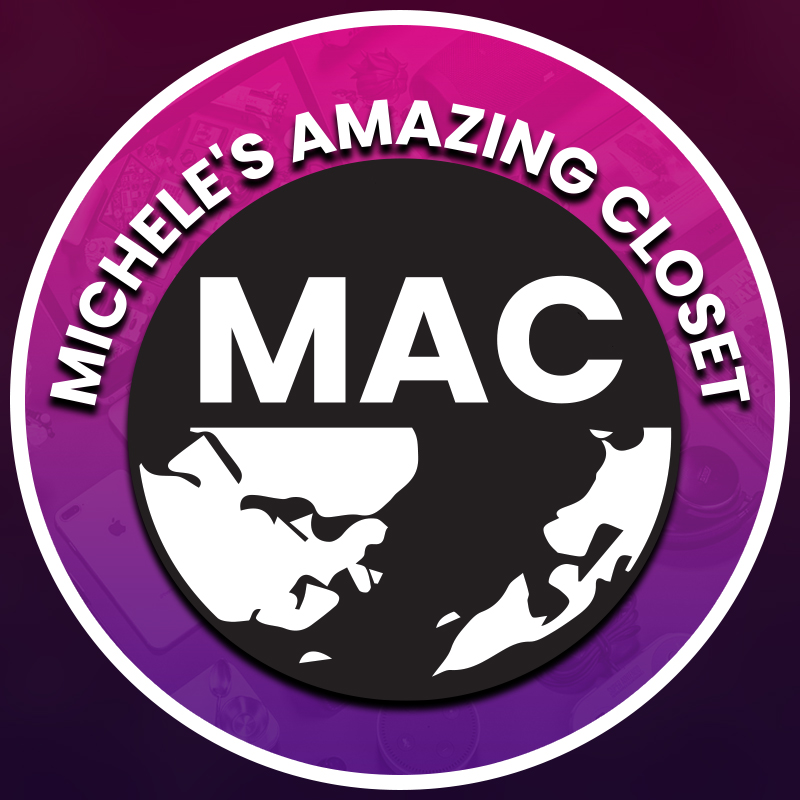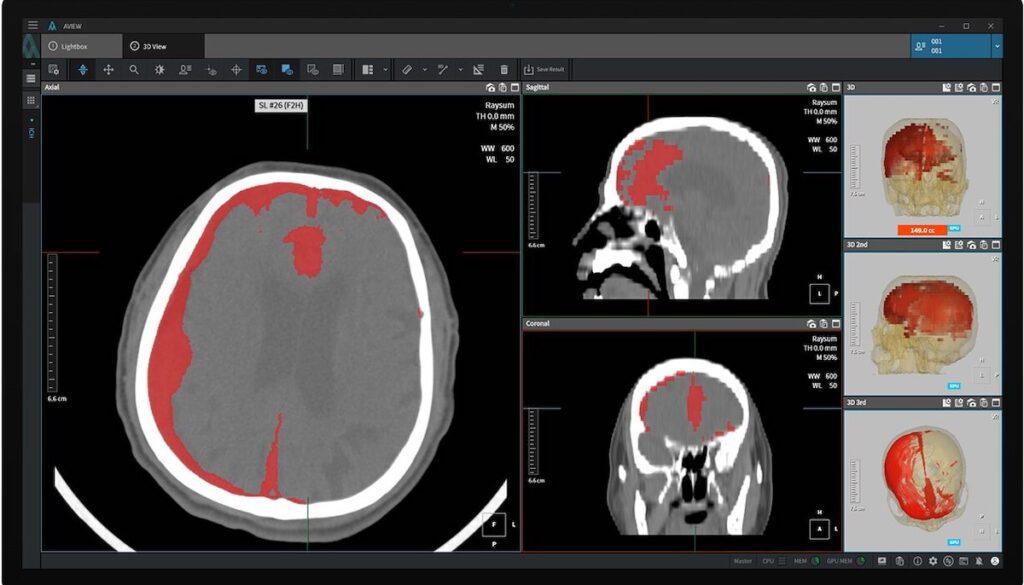
South Korea clears Coreline Soft’s AI brain haemorrhage detection software
An AI-powered brain haemorrhage detection software by medtech company Coreline Soft is now listed as a non-insured medical device in South Korea following its approval from the Ministry of Food and Drug Safety.
The software product called AVIEW Neuro CAD automatically detects cerebral haemorrhages in brain CT scans and sorts them according to severity. It was recognised as an innovative medical device in South Korea last year.
Meanwhile, the company shared that it is preparing to get listed on the Korea Stock Exchange, targeting to go public in the second half of 2023.
Roche, Astellas launching combined diabetes care solutions
Roche Diabetes Care Japan and Astellas Pharma have entered into a partnership to combine their diabetes management solutions.
According to a press statement, Roche’s Accu-Chek Guide Me blood glucose monitoring system will be paired with the BlueStar mobile app, which Astellas has co-developed with Welldoc in Japan.
The combined solution will help patients manage their diabetes by capturing, storing, and transmitting blood glucose data from Accu-Chek and tracking medication, diet, activity and exercise and delivering AI-driven, personalised digital coaching and insights via BlueStar.
Astellas will test their combined product in clinical trials sometime this year while also seeking regulatory approval and reimbursement.
Mallya Cap data integrates with Health2Sync diabetes care app
Taiwanese startup Health2Sync has announced the integration of Biocorp’s Mallya cap with its mobile diabetes management app.
Mallya, which attaches directly to the FlexTouch insulin pen, can now automatically collect and send data on injection dosage, date, and time wirelessly to the Health2Sync app in real time. The app can further generate a detailed analysis of the insulin data, along with diet and blood glucose levels, provid insights into personal glucose management and lifestyle adjustments and assisting in making evidence-based treatment recommendations.
Mallya data integration is now available to about 350,000 Health2Sync users in Japan.
Fujifilm brings AI-powered endoscopy solution to India
Fujifilm has introduced its AI-powered upper GI diagnosis solution in India.
The CAD EYE platform assists in the early detection and characterisation of abnormalities in the GI tract. According to Fujifilm India, what sets the technology apart from existing AI solutions in the market is its capability to resolve two major screening problems: lesion oversight and blind spots.
It also features a landmark photo checker that helps in the proper observation of major landmarks in the stomach, reducing the time in navigating lesions that might be missed with conventional methods.
Vijaya Hospital latest to adopt Dozee’s AI-powered connected bed platform
Dozee has announced its latest partnership with one of South India’s largest hospitals.
The Vijaya Hospital in Chennai is adopting Dozee’s AI-powered connected bed platform for remote patient monitoring and early warning system. The technology, according to Dozee, uses BCG for contactless and continuous vital signs monitoring with 98.4% accuracy. It is now being used in over 370 hospitals across India.
Based on a press release, the hospital chose Dozee to help achieve its goal of improving patient care and safety and clinical outcomes.
Salcit Technologies receives funding for AI lung disease diagnosis solution trial
Tata Trusts’ India Health Fund and non-profit investor ACT for Health have collaborated to co-fund the development of an AI-driven mobile tuberculosis detection platform by Salcit Technologies.
The mobile app called Swaasa records cough sounds from suspected TB patients and analyses them using a proprietary AI algorithm.
According to a press statement, the joint grant will help Salcit Technologies conduct a technical validation of Swaasa’s AI. The six-month study will collect cough sounds from about 5,700 TB and non-TB participants across six public health centres. It will also enhance the algorithms’ accuracy to reach 90%.

